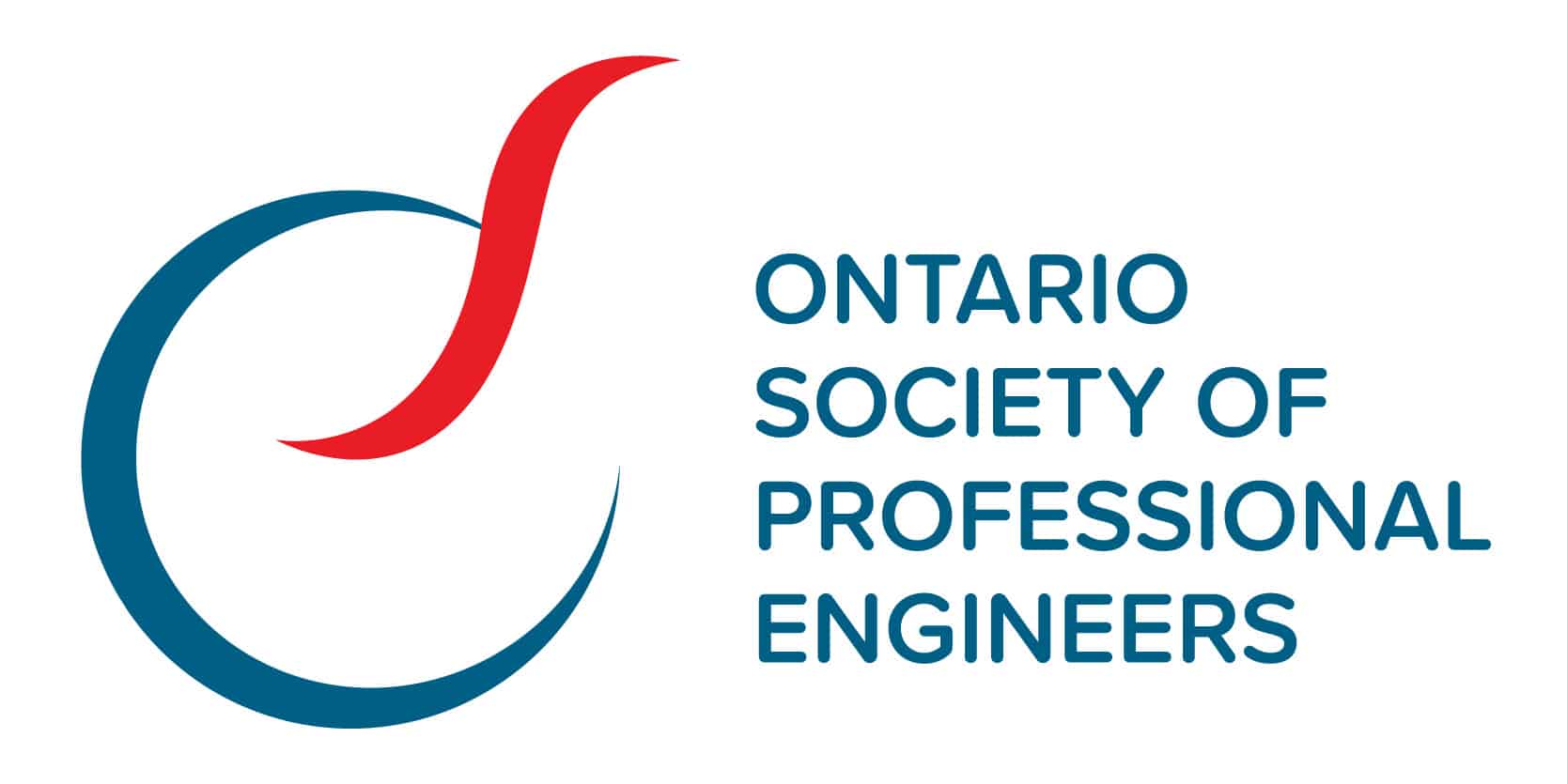
Keeping Up with the Pace of Technological Change: How Engineers Can Stay Sharp in the Digital Age
Digitalization is the process of using digital technologies to transform how businesses operate, communicate, and deliver value to customers. It involves not only adopting new tools, but also changing the mindset and culture of an organization. Digitalization has had a significant impact on various sectors, including engineering, which is continuously evolving and innovating to solve complex problems.
Engineering is a field that relies on data, design, and collaboration. Digitalization can help engineers access, analyze and share data more efficiently and effectively. It can also aid in the creation and testing of digital models and simulations before building physical prototypes. Digitalization can further enable engineers to work across disciplines and geographies and to leverage the powers of artificial intelligence, cloud computing, and the Internet of Things.
However, digitalization also poses some challenges and opportunities for engineers. They need to keep pace with the rapid change, regularly learning new skills and technologies. They need to be creative and adaptable while balancing technical expertise with business acumen and customer orientation. Engineers must be aware of the ethical, social and environmental implications of their work and ensure the quality, safety, and security of their solutions.
Engineers, therefore, need to embrace digitalization and develop the competencies and mindsets that will enable them to thrive in the digital age. Engineering schools, like the one I lead at Seneca Polytechnic, can play a crucial role in preparing future engineers for this challenge. They can update their curriculum to include more courses and projects on digital technologies and their applications in engineering – for instance, data science, machine learning, robotics, and cybersecurity.
At Seneca, we provide opportunities for students to engage in experiential learning, such as internships, co-ops, hackathons, and capstone projects, where they can apply their knowledge and skills in real-world contexts and collaborate with industry partners and peers. We also foster a culture of lifelong learning, where students are encouraged to pursue their interests and passions and to seek feedback and mentorship from faculty, alumni, and professionals.

Leveraging digital platforms and tools to enhance the teaching and learning experience can also be helpful. This can take many forms, including online courses, interactive simulations, virtual labs, and digital portfolios. Engineering schools should also promote the values and ethics of engineering, such as integrity, responsibility, and social impact. These should be integrated into the curriculum and the assessment methods.
By following the examples outlined here, engineering schools can help students develop the digital skills and mindsets that are essential for their future success and contribution to society.
Ranjan Bhattacharya is Dean of the Faculty of Applied Science & Engineering Technology at Seneca Polytechnic.
Learn. Grow. Thrive. Together.
National Engineering Month is Ontario’s platform for celebrating the remarkable world of engineering. With a dynamic mix of insightful discussions, industry expertise, and diverse viewpoints, we’re showcasing the best of the profession. Join us in advancing engineering excellence, igniting interest in future professionals, and recognizing the vital role engineers play in society. Be a part of the #NEM2024 experience by attending an event. Explore all the exciting details at nemontario.ca.


